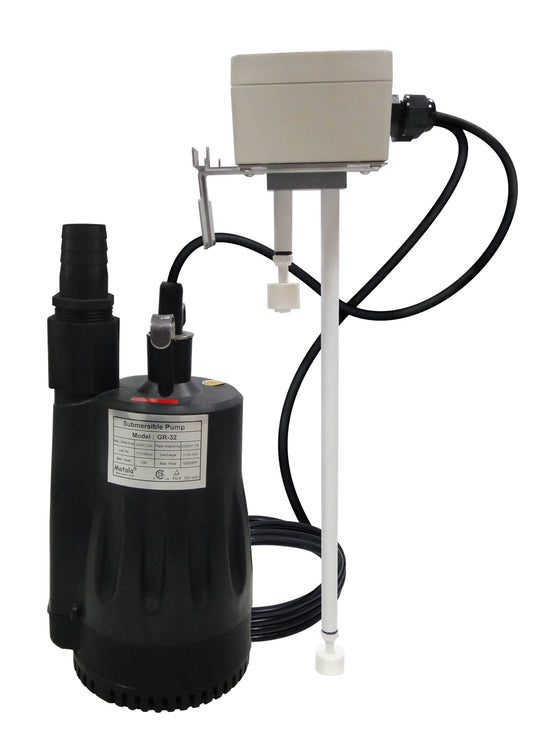
Greywater: What is it?
Sam WilhoitWhat is greywater and how can you irrigate with it?
Greywater (or Graywater) refers to the relatively clean wastewater generated from household activities such as bathing, washing hands, and laundry. Unlike blackwater, which comes from toilets and contains significant contaminants, greywater can be recycled and reused for purposes like irrigation and flushing toilets, making it an eco-friendly option for water conservation. Reusing greywater is a great way to conserve and do your part to save the planet.
The most common method for using greywater is for irrigation purposes. Recycling household greywater for gardening use is an excellent way of saving water and saving money! Unlike rainwater, which is only seasonally available, greywater is available every time you shower or wash your clothes. Greywater is suitable for subsurface irrigating in most garden areas including ornamental beds and lawns. Even native gardens can thrive with greywater, simply alter the type of detergent that you use to one that is low or has no phosphorus.

When your greywater system is installed, it will also be connected to your home’s irrigation system, which will deliver filtered greywater directly to a garden, flowerbed, lawn or any other area that may require watering. Holding tanks are also available that allow you to store your greywater for a short period of time before use.
Commercial recycling systems are available that can capture and filter greywater before it enters the sewage system and leaves your home. These systems allow you to easily and conveniently recycle your greywater. A local plumber or contractor can connect a greywater recycling unit, which is typically installed on a level location next to your home and then to your household appliances. In addition, no longer will you be forced to watch your beautiful garden wilt and brown because your town put water use restrictions in place during a drought. Although filtered water from our greywater systems isn’t safe for drinking by humans or animals, the nutrients in the filtered water are incredibly beneficial for your garden. Keep in mind that greywater systems shouldn’t irrigate vegetable gardens – flower and shrub gardens only.

Greywater Guidelines
- Greywater should not be stored for more than 24 hours. If the greywater is stored for too long, the nutrients will begin to break down and the water will emit an unpleasant odor.
- Minimize contact with greywater. Greywater is not safe for humans or animals to ingest. It is advised to use greywater only to water flowers and plants, not vegetables, which will potentially get ingested.
- Ensure that greywater soaks into the ground. Try not to allow it to pool up or run off. Consider this when designing the area in which you are running greywater through drip lines. Stagnant greywater can create mosquito breeding grounds, as well as an area for potential human contact with greywater.
- Keep your greywater system simple with an Aqua2use Greywater System. The Aqua2use Greywater System product line offers systems with and without pumps. These systems require very little maintenance, require little energy, and are cost efficient.
Greywater vs. Black water
Both greywater and black water are types of wastewater, however, the key difference between greywater and black water is that black water has come into contact with urine and fecal matter. Black water comes from the toilet, and is considered sewage water. Other types of black water include water from the kitchen sink or dishwasher since the water comes into contact with food that could contaminate the water. Black water contains harmful bacteria and disease-causing pathogens, and therefore is extremely difficult to filter and clean for reuse. Black water runs from your home straight to the sewer.
On the other hand, greywater has not come in to contact with fecal matter, which allows it to be broken down, filtered, and cleaned for reuse in your garden. Greywater comes from your washing machine, shower, and bathroom sink. You don’t have to worry about greywater systems harming your plants. In fact, greywater systems leave some soap in the filtered water because it encourages growth and adds nutrients to your garden’s soil. The greywater can be diverted from your home to your garden using an Aqua2use Greywater Diversion Device (GWDD) from the Water Wise Group. These systems are eco-friendly, cost effective, and low maintenance.








